Artificial Intelligence and Optimum F1000Prime
| 5 June, 2017 | Alanna Orpen |
|

|
Here's our top recommended and Hidden Jewels articles for the month of May and those in the area of artificial intelligence

Throughout May, there were many discussions and reports about the current uses and future possibilities of artificial intelligence (AI). Artificial intelligence and health care appeared to be a major theme, with stories including a health scanner that could enable doctors to share with patients a detailed data visualization of their health; how AI can improve medical diagnosis and healthcare and how a US government agency has assembled a team of computer scientists and engineers to oversee future AI developments for medical software.
The Royal Society also recently reported their findings after holding sessions around the UK, where the public could discuss machine learning with leading academics. In recognition of this, we are highlighting the top 3 recommended articles in the area of AI in this month’s blog post, which we have decided to rename, and for those Transformers fans out there, you will see the link to this month’s theme. We also include our usual top 3 articles for the month and our Hidden Jewels. Click on the images for full access to the recommendations.
F1000Prime is a literature recommendation service. The service has a peer-nominated global Faculty of more than 8,000 of the world’s leading biomedical scientists and clinicians who select those articles they think are particularly interesting and important, and write recommendations explaining their selection. From the numerical ratings awarded, we have created a unique system for quantifying the importance of individual articles.
Top 3 article recommendations about artificial intelligence
“This fascinating article addresses a fundamental question in scientific research: Can we understand – and ultimately automate – the scientific process of generating hypotheses and testing them in the lab.” – Torsten Schwede, University of Basel, Switzerland
“Overall, this work represents a significant breakthrough in both understanding how to build more intelligent machines, and potentially also how biological nervous systems work.” – Geoffrey Goodhill, The University of Queensland , Australia
“Artificial intelligence (AI) researchers have ticked off the latest benchmark that has been on their list for the last decades: developing a computer program that plays the game Go at the level of professional human players. Silver et al.’s AlphaGo was not directly programmed to play Go; instead, it mastered the game by learning through observing expert moves and self-play. The inherent flexibility of such learning algorithms represents a crucial step towards a general AI.” – Lars Chittka and Vera Vasas, Queen Mary University of London, UK
Current Top 3 recommendations
Rankings are generated using the articles recommended in F1000Prime during the preceding 30 days.
“In this tour de force manuscript, it is shown that a sub-type of astrocytes, which the authors name A1, is induced by activated neuroinflammatory microglia through the secretion of a particular set of cytokines.” – Brian Popko, University of Chicago, US
“Erez et al. report evidence that phage communicate via small molecules, thereby influencing cell fate post-infection. This breakthrough discovery addresses a decades-old question: do phage adaptively change their infection strategy at the cellular scale as a function of infection dynamics at the population scale?” – Joshua Weitz, Georgia Institute of Technology, US
“This exciting study shows that neurons in C. elegans extrude large vesicles called exophers that are comparable to cell bodies in size. ” – Hitoshi Sawa, National Institute of Genetics, Japan
Hidden Jewels
Hidden Jewels rankings only include articles published in specialist journals, recommended in F1000Prime during the preceding 30 days.
“This is one of the few papers to examine the impact of multiple genotypes, both sexes, and multiple restriction regimes in mice. The paper shows among many other things that the impact of dietary restriction on mouse survival is still very poorly understood.” – Steven Austad, University of Alabama, USA
“The exciting aspect of this study from my perspective is that ultrasmall nanoparticles functionalized with melanoma-targeting peptides have the ability to kill tumor cells in vivo by a novel mode of cell death termed ferroptosis” – Arthur Mercurio, Department of Cancer Biology, University of Massachusetts Medical School, USA
“Pilaz et al. combined different approaches to characterize mRNA transport and local translation in radial glia basal process. They further showed that FMRP is involved in active mRNA transport and identified FMRP-bound mRNAs in distal process.” – Luc DesGroseillers, University of Montreal, Canada

|

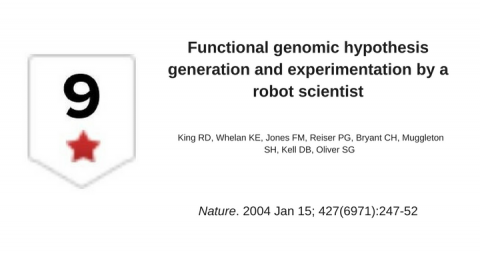

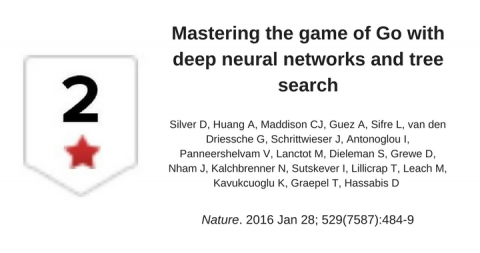
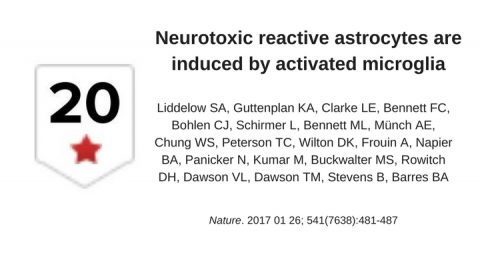
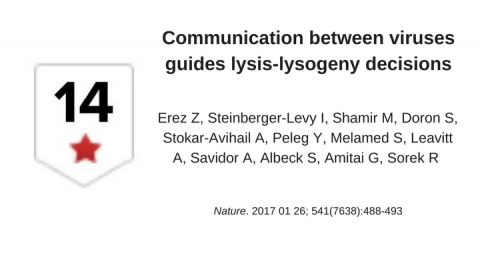
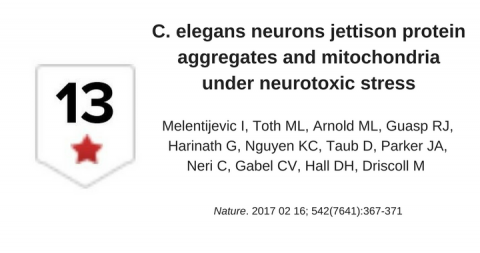
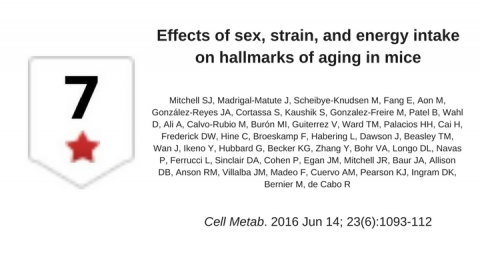
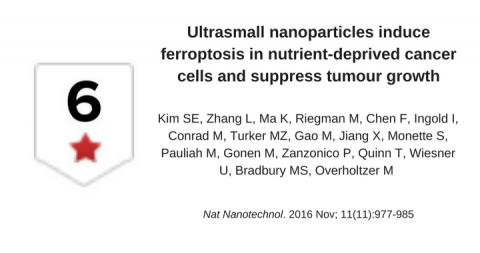
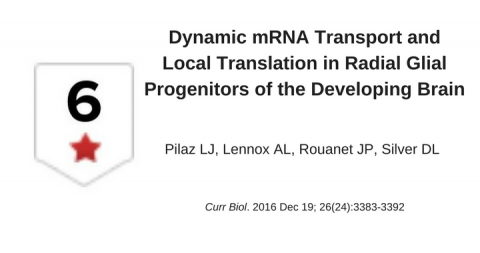



User comments must be in English, comprehensible and relevant to the post under discussion. We reserve the right to remove any comments that we consider to be inappropriate, offensive or otherwise in breach of the User Comment Terms and Conditions. Commenters must not use a comment for personal attacks.
Click here to post comment and indicate that you accept the Commenting Terms and Conditions.